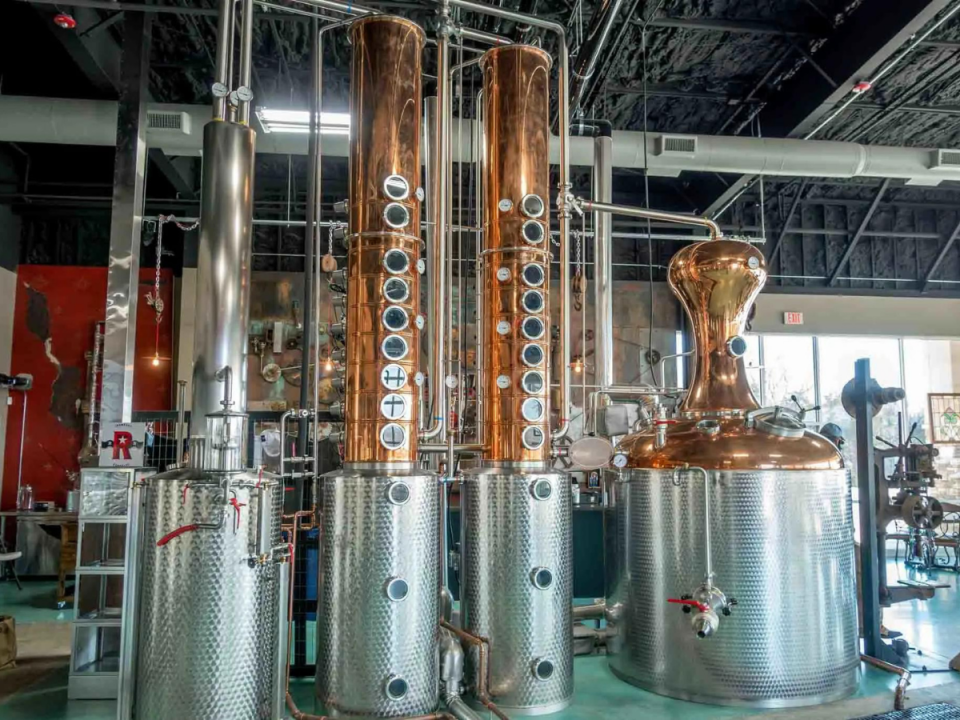The University of Texas at San Antonio recently conducted a study to find out that Texas Distilleries generate billions! Executed on June 23 2022 the findings come out positive towards this statement. As it was always speculated that a huge outcome of money surrounds this business, now it is proven.
Despite the pandemic’s economic hardships and lingering Prohibition-era laws restricting sales, researchers at the UTSA Institute for Economic Development today released a new study highlighting the significant economic impact Texas distillers made to their local communities and the state in 2020.
Javier Oyakawa is the study’s principal investigator from the UTSA Institute for Economic Development’s Center for Community and Business Research. He has stated that: “Over the past decade, the number of Texas distilleries has grown dramatically as has the sector’s economic impact on local economies and surrounding communities.”
Another statement from him included: “The number of Texas distilleries has grown from just eight in 2008 to 190 today. These distillers are playing a critical role in the state’s economy by generating sales, creating jobs, and providing wages and benefits.”
The effect Texas distillers have on other local companies is also highlighted in the study. In addition to distilleries, the spirits business provides significant assistance to a number of other prominent industries, including wholesalers of items like grains, machinery, and equipment, glass container producers, and truck transportation.
Texas distillers contributed, according to key research results, include:
- Total economic production was close to $2 billion (or revenues).
- Assistance for over 4,900 Texan occupations.
- Up to $334.9 million in wages and perks were given to employees.
- On-premise mixed beverage sales taxes paid totaled around $481,450. Due to COVID-19-related closures, the tax paid in 2020 decreased by more than $240,000, or 34%.
- On-premise mixed beverage gross revenues taxes totaled a little under $391,000. Due to closures caused by COVID-19, the tax paid in 2020 decreased by almost $200,000, or 34%.
